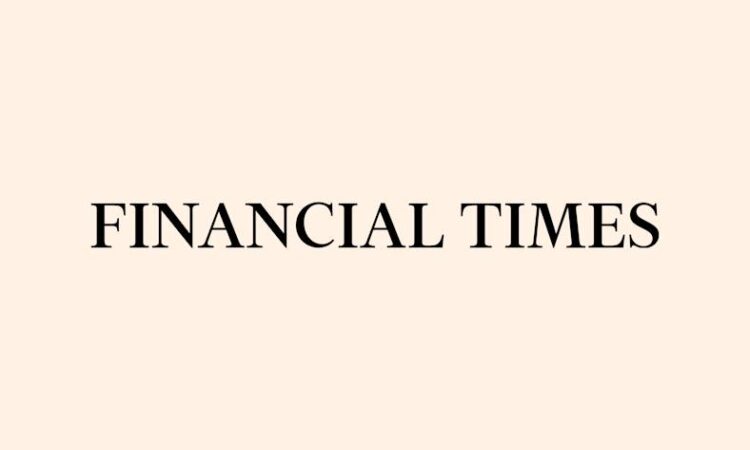
Quantitative easing has clearly caused some confusion. In “The money supply horse has already bolted”, Martin Allen is quite right on his main point (Letters, November 22). However, this does not mean that John Plender’s concern (“Test of central bank credibility looms on bond losses”, Markets Insight, November 17) was misplaced. For that addressed a different aspect of the issue.
It was overwhelmingly likely from the start that central banks — and therefore sovereign states as their legal and/or beneficial owners — would end up taking a loss from buying sovereign and other bonds near the top of the market in the periods when QE was building up. Governments presumably judged that such a price was worth paying for the economic stability offered by QE, mainly through limiting relatively long-term borrowing rates.
There are several reasons why it would not be a good idea for central banks to trade while insolvent; but that problem can be fixed by a timely solution. Governments will have to recapitalise their central banks, probably by the most easily available method of donating them with new sovereign bonds. The full extent of the bond losses will not crystallise until QE is fully unwound. However, the time has probably come now for the central banks to be provisioning for these and requesting recapitalisation. Their own accounting should be no less prudent than they would expect of regulated commercial banks.
The bloated reserve balances that commercial banks hold with central banks through the working of QE constitute both money (within the narrow measures of money supply) and components of national debt. Gerald Holtham is wrong to suggest that they could not be both (“Remember, central banks have no real liabilities”, Letters, November 21). The creditor banks could not call these reserves if they were not repayable on demand. For example, UK banks would be free at any time to switch some of their reserve assets out of their balances with the Bank of England, back into gilts — or even into US Treasuries where the bank itself keeps most of the UK’s currency reserves.
It would of course be possible in any country for legislation, or central bank rules, to force local banks to hold large minimum compulsory deposits at zero interest with central banks. Then the relevant central bank perhaps could indeed write these amounts down to near zero on the liabilities side of its balance sheet, as Holtham suggests. However, exactly the same consequences would be forced on the assets sides of the commercial banks’ balance sheets.
The effect would be catastrophic for the banks’ capital, as well as for their liquidity ratios — and it would constitute a first class sovereign default.
The inflation likely to have resulted directly from the monetary expansion implicit in probable central bank bond losses under QE may already have fully occurred. As QE unwinds, the task for central banks is to avoid accommodating continuing high inflation, while of course not trying to reverse that of the past.
Andy Thompson
Worcester Park, Surrey, UK



